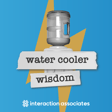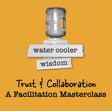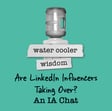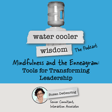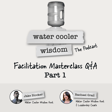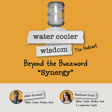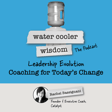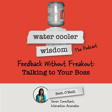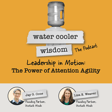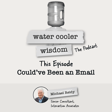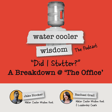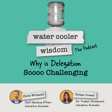
Making Sound Decisions in the Workplace
In this episode of Water Cooler Wisdom, we’re kicking off a brand-new format: Tool Time! Hosts Jake Blocker and Rachael Grail break down one of Interaction Associates’ most effective tools—the Building Agreements framework.
Rachael guides us through this practical, four-step process designed to make collaboration seamless and agreements rock solid. Whether it’s presenting a proposal, checking for understanding, securing agreement, or documenting it all, this model has you covered. Plus, we dive into real-world examples (including why airline exit rows are a masterclass in agreement building) and even tackle advanced techniques for handling disagreements.
Get ready to walk away with actionable strategies that you can immediately apply at work, at home, or even at the taco stand. Tune in for your 10-minute crash course to elevate your collaboration game!
